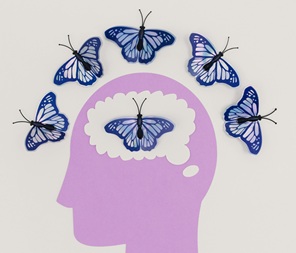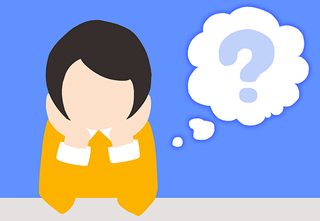Cognitive Behavioral Therapy (CBT) is one of the most effective and widely used forms of psychotherapy. Backed by scientific research, it helps people identify and change negative thought patterns that impact their emotions and behaviours. Whether you’re struggling with anxiety, depression, stress, or even addiction, CBT offers practical tools to regain control of your mind and life.

Table of Contents
🔍 What is Cognitive Behavioral Therapy?
CBT is a structured, goal-oriented form of talk therapy. It’s based on the concept that your thoughts, feelings, and actions are interconnected. Negative thoughts can trap you in a cycle of emotional distress. CBT helps break this cycle by identifying these distorted thought patterns and replacing them with healthier, more constructive ones.
Unlike traditional therapy, CBT is often short-term and focused on current problems rather than delving deep into the past.
💡 How Does CBT Work?
The CBT process typically involves:
- Identifying Negative Thoughts: Becoming aware of unhelpful thinking patterns.
- Challenging Beliefs: Analyzing the evidence for and against those thoughts.
- Reframing the Mindset: Replacing negative thoughts with realistic and positive ones.
- Behavioural Experiments: Testing new behaviours in real-life situations.
CBT is usually delivered in individual sessions, group therapy, or even online formats, making it highly accessible.

✅ Conditions Treated with CBT
CBT is clinically proven to be effective in managing a wide range of mental health issues, including:
- Anxiety Disorders
- Depression
- Post-Traumatic Stress Disorder (PTSD)
- Obsessive-Compulsive Disorder (OCD)
- Panic Attacks
- Phobias
- Eating Disorders
- Substance Abuse
- Insomnia

🔄 Key Benefits of CBT
✅ Practical and Solution-Focused: CBT focuses on real-time solutions, helping you develop skills to face life’s challenges more effectively.
✅ Time-Limited: Unlike other therapies that may go on indefinitely, CBT is typically completed in 5 to 20 sessions.
✅ Empowering: CBT teaches self-help techniques, empowering you to manage your mental health independently in the long term.
✅ Scientific and Evidence-Based: Its effectiveness is backed by decades of clinical research and results.
🧘 CBT Techniques You Can Try
Even if you’re not in therapy, some CBT techniques can be practiced daily:
- Journaling: Write down your thoughts and emotions to identify patterns.
- Cognitive Restructuring: Actively challenge irrational beliefs.
- Mindfulness Meditation: Stay present and reduce stress.
- Activity Scheduling: Plan pleasurable and purposeful activities to lift your mood.
👩⚕️ When to Seek Cognitive Behavioural Therapy?
If you notice persistent negative thinking, irrational fears, or overwhelming stress impacting your daily life, it’s time to consider CBT. A licensed psychologist or CBT-trained therapist can guide you through the process with empathy and structure.

Top 7 Self-Care Practices to Reboot Your Mind & Body
🌐 Final Thoughts
Cognitive Behavioural Therapy is a practical and transformative mental health tool. At buzinindia.com, we believe in promoting mental well-being through awareness and accessibility. Whether you’re facing emotional hurdles or seeking self-improvement, CBT offers a clear, structured, and proven way forward.
✨ Invest in your mind. Heal through your thoughts. Choose CBT.

1 thought on “🧠 Cognitive Behavioral Therapy (CBT): Path to Mental Wellness”